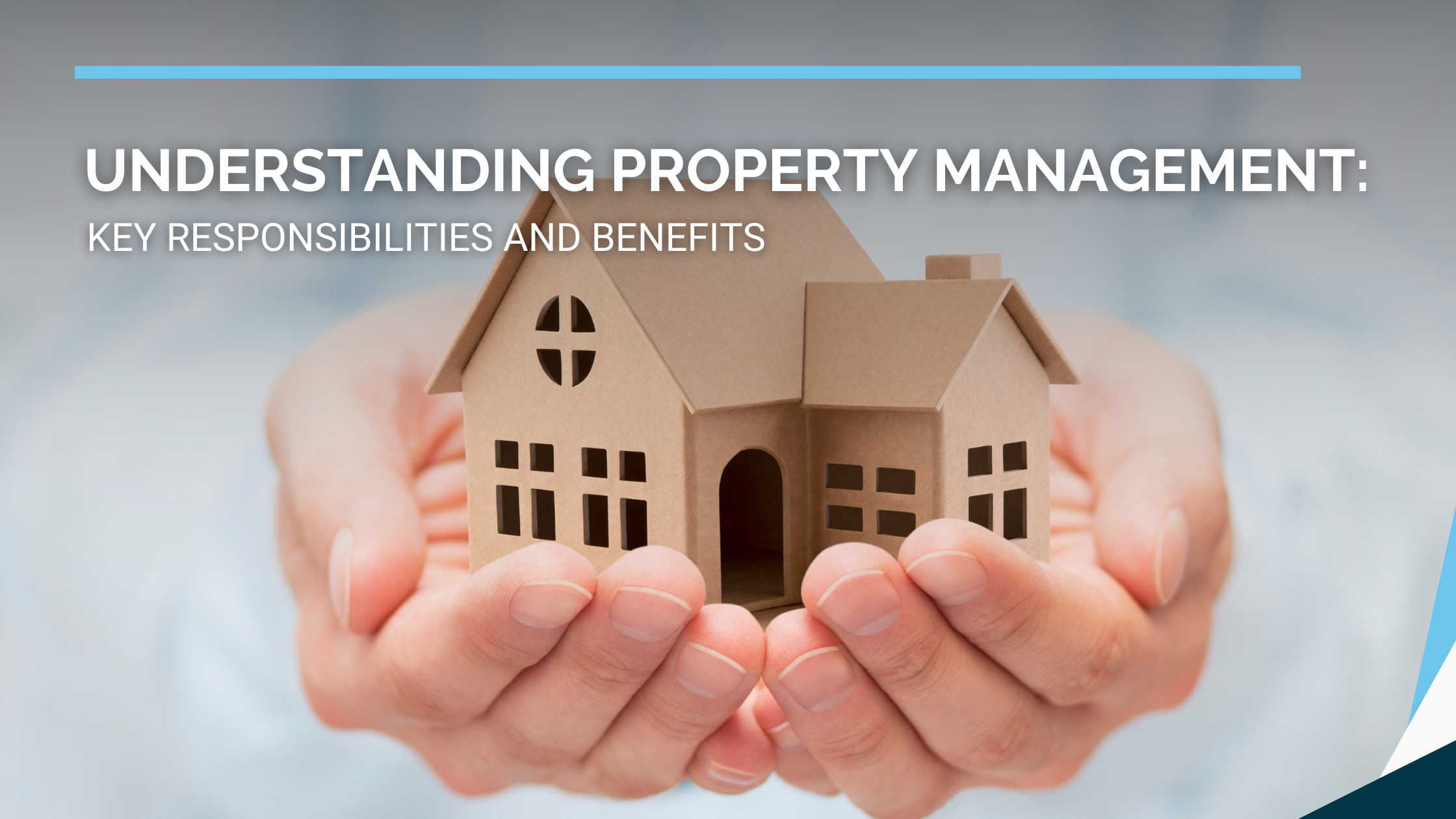Navigating the Complexities of Property Management: What You Need to Know
Property management can be a rewarding venture for those looking to invest in real estate. However, understanding its complexities is crucial for success.
What is Property Management?
Property management encompasses the operation, control, and oversight of real estate assets on behalf of property owners or investors. It involves a range of activities and responsibilities aimed at maximizing the value of the property while ensuring its efficient operation and maintenance. The scope of property management differs between residential and commercial real estate sectors:
Residential Property Management
Residential property management focuses on managing properties intended for residential use, such as single-family homes, multi-family apartment buildings, condominiums, or townhouses. The primary objective of residential property management is to ensure tenant satisfaction, occupancy, and rent collection while maintaining the property's condition and complying with legal requirements. Key responsibilities of residential property management may include:
- Tenant Relations: Advertising vacancies, screening prospective tenants, drafting lease agreements, handling tenant inquiries, addressing maintenance requests, and managing tenant turnover.
- Rent Collection: Collecting rent payments, enforcing lease terms, implementing rent increases, and pursuing eviction proceedings for non-payment or lease violations if necessary.
- Property Maintenance: Conducting regular inspections, coordinating repairs and maintenance tasks, overseeing landscaping and janitorial services, and ensuring compliance with health and safety regulations.
- Financial Management: Budgeting and forecasting expenses, tracking income and expenditures, managing accounts receivable and payable, and providing financial reports to property owners.
- Legal Compliance: Staying informed about landlord-tenant laws, fair housing regulations, and other legal requirements, ensuring lease agreements are compliant, and handling disputes or legal proceedings as necessary.
Commercial Property Management:
Commercial property management involves overseeing properties used for commercial purposes, such as office buildings, retail centers, industrial warehouses, or mixed-use developments. Commercial property management focuses on maximizing rental income, maintaining tenant satisfaction, and enhancing property value. The scope of commercial property management may include:
- Tenant Acquisition and Retention: Marketing available spaces, negotiating lease agreements, managing lease renewals and expansions, and cultivating positive tenant relationships to minimize vacancies and turnover.
- Lease Administration: Enforcing lease terms, collecting rent and additional charges, processing lease amendments or assignments, and ensuring compliance with lease obligations.
- Property Operations: Monitoring building systems and equipment, coordinating maintenance and repairs, managing vendor contracts, and overseeing day-to-day operations to ensure optimal functionality and tenant comfort.
- Financial Analysis: Analyzing market trends, evaluating property performance, preparing annual budgets, forecasting revenue and expenses, and implementing cost-saving measures to maximize profitability.
- Asset Enhancement: Identifying opportunities for property improvements or renovations, implementing value-adding strategies to attract tenants and increase rental rates, and overseeing capital improvement projects to enhance property value over time.
Property management in residential and commercial real estate involves a range of responsibilities aimed at optimizing property performance, tenant satisfaction, and investor returns, albeit with differences in focus and operational considerations between the two sectors.
Benefits :
- Steady income stream from property rentals.
- Property value appreciation due to well-maintained assets.
- Legal compliance and risk management.
Challenges :
- Dealing with difficult tenants and maintenance issues.
- Navigating legal regulations.
- Market fluctuations affecting rental income and property values.
Effective property management requires dedication and expertise but can lead to significant rewards. Whether you’re looking to manage properties yourself or hire a professional team, understanding these aspects is crucial.


